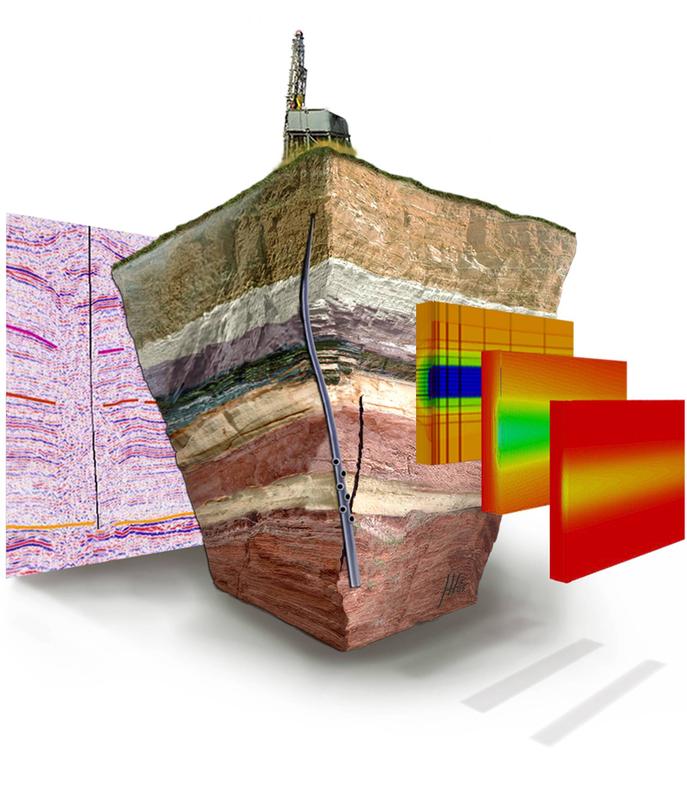gebo – T5 – High Temperature Sensors: Pressure Sensor (IMR) and Magnetic Field Sensor (IMPT)

| Year: | 2011 |
| Funding: | Ministerium für Wissenschaft und Kultur (MWK) + Baker Hughes INTEQ GmbH |
| Duration: | 2009 – 2014 |
| Is Finished: | yes |
| Further information | www.gebo-nds.de/index.php |
The gebo research network (geothermal energy and high-performance drilling technology) was established in 2008 with the aim of making the thermal energy slumbering in the Lower Saxony subsoil economically usable. The research network is a joint project of the three NTH universities - Braunschweig Clausthal and Hannover -, the University of Göttingen, the Leibniz Institute for Applied Geophysics, the Federal Institute for Geosciences and Natural Resources and the petroleum service company Baker Hughes. In the form of the four main topics geosystem, drilling technology, material and technology system, methods for exploring the subsoil and improving the drilling process are developed. Together with the Institute of Measurement and Control Technology (IMR), the Institute of Microproduction Technology (IMPT) is working on the development of sensors that can be used at high temperatures. The focus is on the development of a pressure sensor (IMR) and a magnetic field sensor to detect the earth's magnetic field (IMPT). Both sensor systems must be able to withstand temperatures up to 250°C and high pressures. Further restrictions exist in small dimensions and in a simple (low-cost) design. While the IMR relies on optical effects in the pressure sensor, the IMPT uses the magnetoresistive effect. Both sensors are of great importance for the drilling process. While the pressure sensor helps to prevent possible blowouts by continuously monitoring the pressure, the magnetic field sensor is used for navigation in the ground. The earth's magnetic field provides the necessary output data.




















